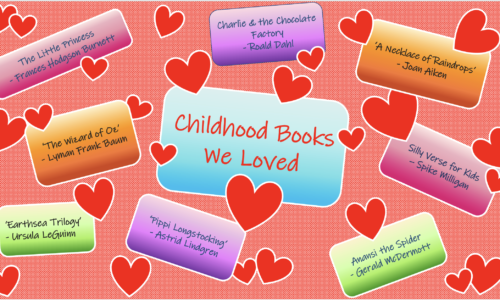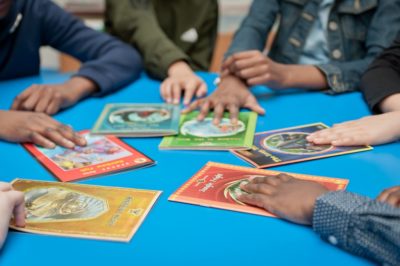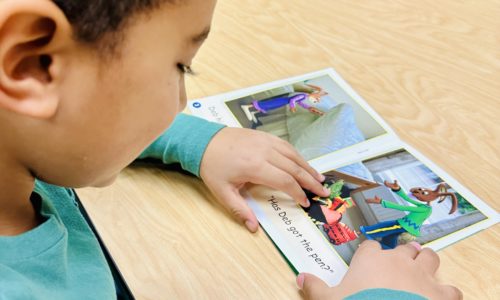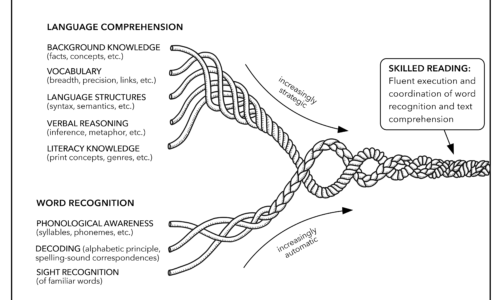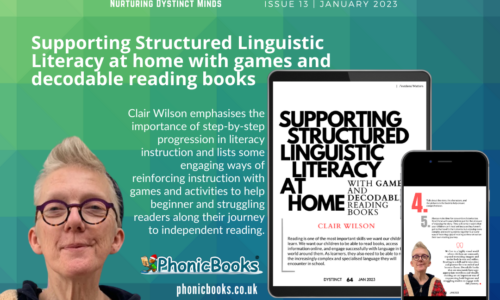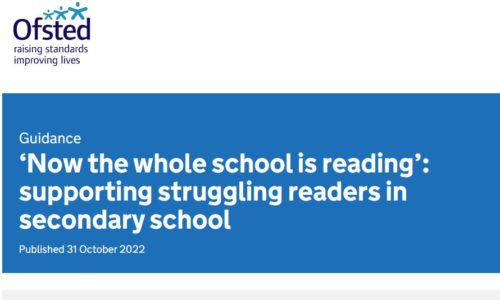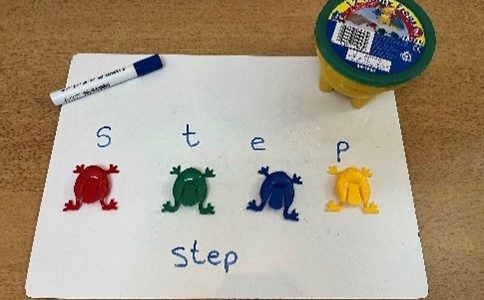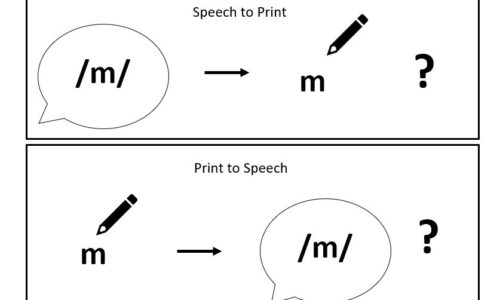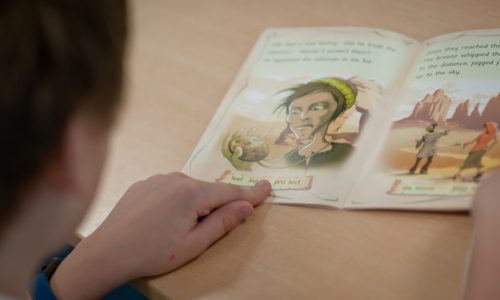
We all mispronounce words from time to time, especially when they are unfamiliar to us. Speech and Language Pathologist Miriam Fein explores the important link between pronunciation and the development of vocabulary. Every once in a while someone starts a thread on Twitter about words that they mispronounced for a long time because they only encountered […]
Read More


